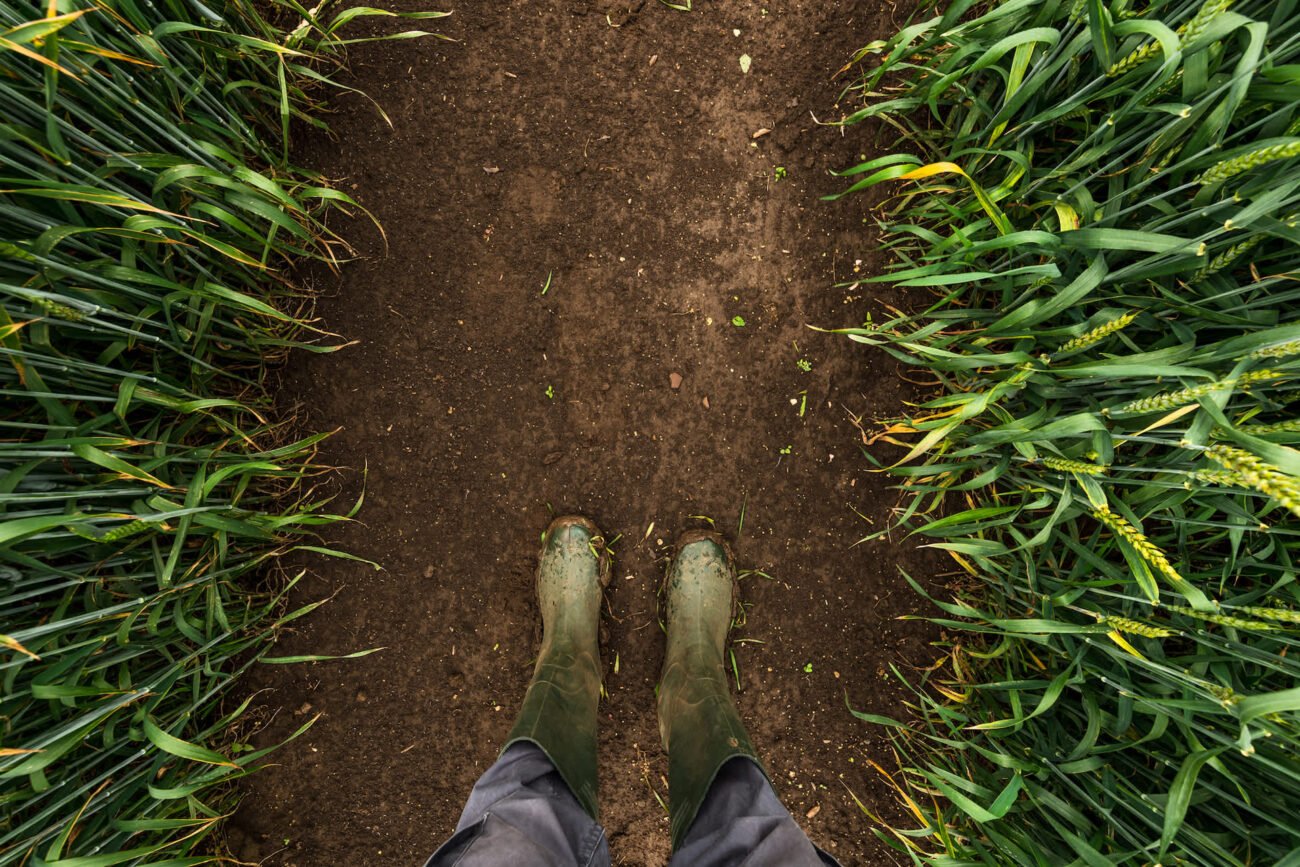Farmers know what it means to work with uncertainty — weather, markets, pests. But now, many are facing a threat they cannot see, and it is coming up through the soil.
What’s happening?
PFAS — sometimes called “forever chemicals” — are becoming an increasingly serious problem for some Massachusetts farmers, who are unknowingly spraying these harmful toxins on their land, according to a Greenfield Recorder report.
These chemicals are used in a wide range of products: cookware, clothing, firefighting foam, artificial turf, and more. But they’re also ending up in fertilizer.
Sludge-based fertilizer, made from sewage byproducts, is sometimes sold as a cheap option for farms. It’s legal for many farmers to use — unless the farms are certified organic — and few may realize it contains PFAS. Once it’s spread on a field, the chemicals don’t necessarily stay put.
“It could be a farm that has spread sludge and then, downstream, that water is contaminated and now, that community is contaminated,” Laura Davis of the Northeast Organic Farming Association told the Recorder.
Massachusetts hasn’t seen the widespread farm contamination that states like Maine are dealing with. But farmers and advocates say now is the time to act, before the problem grows harder to contain.
Why is PFAS contamination important?
PFAS aren’t a single chemical. They’re a group of thousands. And while the full health impact isn’t fully known, researchers have already linked them to a long list of serious concerns: cancer, childhood development issues, diabetes, obesity, and more.
“We’re not talking about one chemical,” said Katherine Reeves of UMass Amherst, per the Recorder. “We’re talking about a chemical class that includes thousands of chemicals.”
As the publication observed, PFAS have been found in drinking water systems across Massachusetts, including in Greenfield, Montague, Northfield, and Sunderland.
In Maine, PFAS contamination on farmland has threatened crops and livestock. The problem isn’t isolated. These chemicals have also been detected in fast food packaging and have triggered major legal settlements with manufacturers like 3M.
What’s being done about PFAS?
Two bills are on the table in Massachusetts. One would ban the sale of PFAS-containing products, create a fund for testing and treating contaminated water, and start phasing out the use of sludge as fertilizer.
Another would create financial relief for farmers, ban the use of sludge outright, and explore better disposal methods for wastewater byproducts.
Last year, Massachusetts passed a separate provision banning PFAS in firefighters’ protective gear.
In the meantime, groups like NOFA are encouraging farmers to turn to safer alternatives, like fertilizers made from animal products, minerals, and other natural sources that don’t carry the same risks.
The longer PFAS are allowed to circulate, the harder they are to track — and the harder they are to remove. For the farmers producing food and the communities drinking nearby water, these early steps may help avoid much larger consequences down the line.
Join our free newsletter for good news and useful tips, and don’t miss this cool list of easy ways to help yourself while helping the planet.


